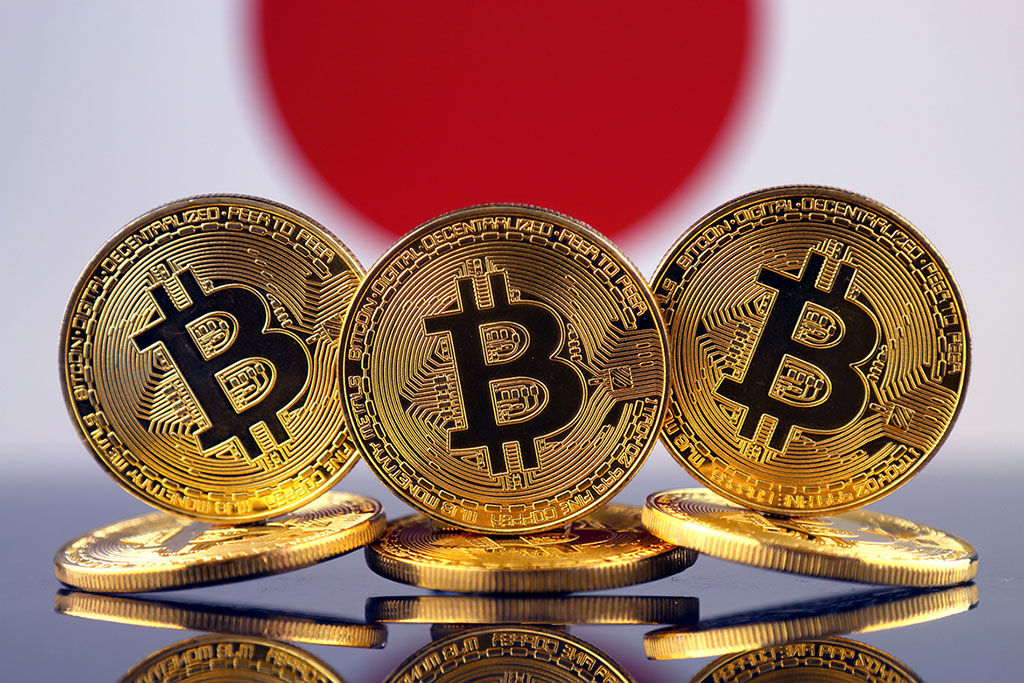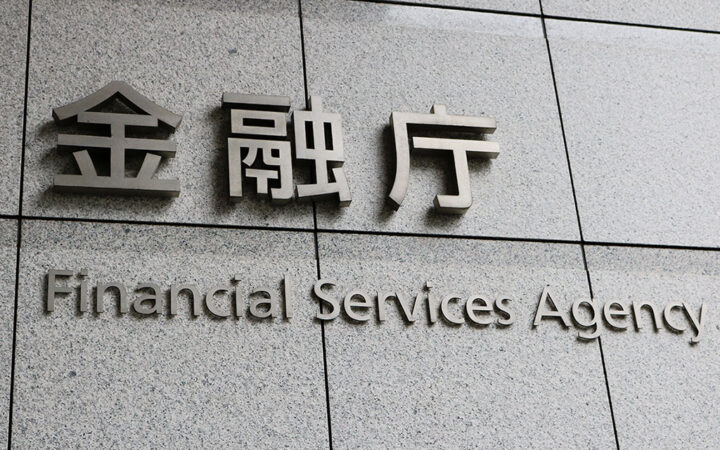
With over 3 years of crypto writing experience, Bena strives to make crypto, blockchain, Web3, and fintech accessible to all. Beyond cryptocurrencies, Bena also enjoys reading books in her spare time.
Japan is poised to reclassify cryptocurrencies under financial instruments legislation, potentially reducing crypto taxes from up to 55% to 20%.
 Edited by Julia Sakovich
Updated
3 mins read
Edited by Julia Sakovich
Updated
3 mins read

Japan is poised to reconsider its crypto regulations, a move that could significantly lower taxes on digital assets and potentially pave the way for domestic funds investing in tokens, according to Bloomberg. The Financial Services Agency (FSA) is set to review the nation’s crypto rules in the coming months, questioning whether the current framework under the Payments Act sufficiently protects investors.
An official from the FSA, who requested anonymity due to institutional guidelines, stated that the agency will assess whether regulating crypto under the Payments Act remains adequate. Since tokens are predominantly used for investment rather than payments, there’s a growing consensus that they might be better classified under financial instruments legislation.
Reclassifying digital assets through the Financial Instruments and Exchange Act could enhance investor protections and other significant changes. Yuya Hasegawa, market analyst at crypto exchange bitbank Inc, remarked that such a shift would result in a 35% reduction in the tax on crypto gains from the current rate of up to 55% to around 20%, aligning it with other assets like stocks.
“The reclassification would naturally lead to discussions about introducing exchange-traded funds containing tokens,” Hasegawa added. This move could open the door for dedicated crypto ETFs in Japan, offering investors more diversified exposure to the digital asset market.
The FSA official declined to speculate on potential outcomes should the reclassification occur, emphasizing that there are no predetermined conclusions. The upcoming review is expected to extend through the winter months.
Japanese crypto executives have long advocated for less stringent regulations to reduce operational costs and stimulate growth. The current regulatory environment is considered tight. Notably, the 2014 hack and subsequent bankruptcy of Tokyo-based Mt. Gox, once the world’s largest Bitcoin trading platform, highlighted the system’s vulnerabilities.
In addition, Japanese platform Coincheck Inc. suffered a $530 million breach in 2018, one of the largest in history, prompting further scrutiny from regulators. Such events have underscored the need for robust security measures but have also fueled calls for balanced regulations that do not stifle innovation.
Amid regulatory reviews, major Japanese corporations are increasingly exploring blockchain technology. Sony Group Corp., for instance, has shown interest in leveraging blockchain for various applications, signaling a broader acceptance of digital technologies in mainstream industries.
Mitsubishi UFJ Financial Group Inc (MUFG), Japan’s largest bank, is investigating the issuance of stablecoins, a type of digital token designed to maintain a constant value, under laws implemented in 2023. This move indicates a significant step toward integrating traditional banking with emerging digital asset services.
Disclaimer: Coinspeaker is committed to providing unbiased and transparent reporting. This article aims to deliver accurate and timely information but should not be taken as financial or investment advice. Since market conditions can change rapidly, we encourage you to verify information on your own and consult with a professional before making any decisions based on this content.

With over 3 years of crypto writing experience, Bena strives to make crypto, blockchain, Web3, and fintech accessible to all. Beyond cryptocurrencies, Bena also enjoys reading books in her spare time.





